There are 52,000 students at the biggest higher educational establishment in Portugal, 20,000 of them of other nationalities. Bulgarian culture has been part of this conglomeration of different cultures for more than 30 years. The Bulgarian language is part of the Centre for Slavic Languages and Cultures of the humanities faculty of the University of Lisbon, alongside another five Slavic languages. Head of the Centre is Prof. Georgi Hristovski from Bulgaria.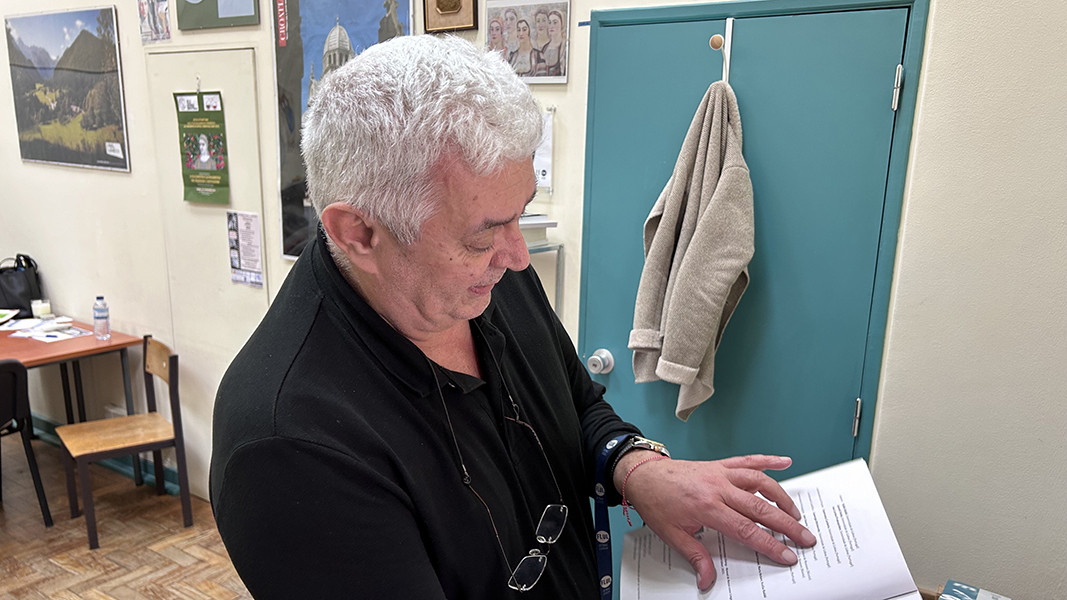
“There are many centres of this kind in the world,” explains Prof. Hristovski. “But in most other places the study of languages is limited – between two and four in number – at the University of Lisbon we have six Slavic languages – Bulgarian, Russian, Slovenian, Polish, Czech and Croatian. In Portugal, university education is 3 years by force of the Bologna process for more accessible education in the EU. There has never been a tradition here for Bulgarian studies, as is the case in Poland, Czechia, Hungary etc. In practice, I was the trailblazer 30 years ago, including by selecting the lecturers in the individual languages back then. And something else we regard as a success – that Slavic languages here can be studied as a sub-major, as an elective subject while studying at any of the faculties, and as an elective subject for people who are not students at all.”
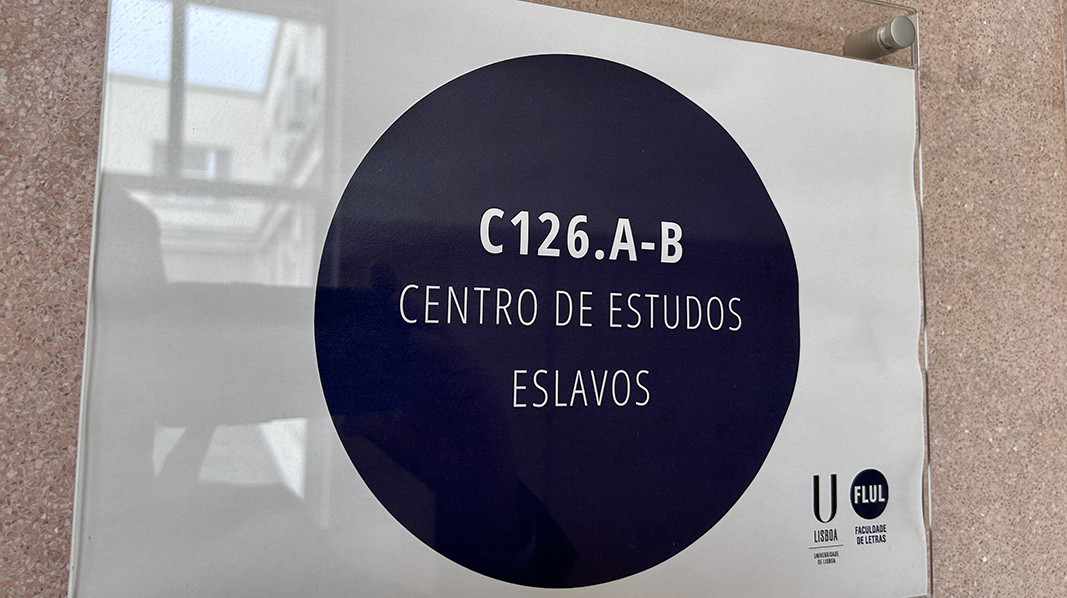
Parallel with the important role he has been playing at the Centre of Slavic Languages and Cultures, for more than 20 years Prof. Hristovski also teaches morphology and phonology of the Portuguese language at the university – a job not easily entrusted to a foreigner. But that is not all – he also lectures in speech and communication, and sociology of communication. In 1985, Prof. Hristovski launched Bulgarian studies at the University of Lisbon. Most of the students who have chosen to study the Bulgarian language are from Portugal, but there are also people from other Slavic countries, as well as form Italy, from China…”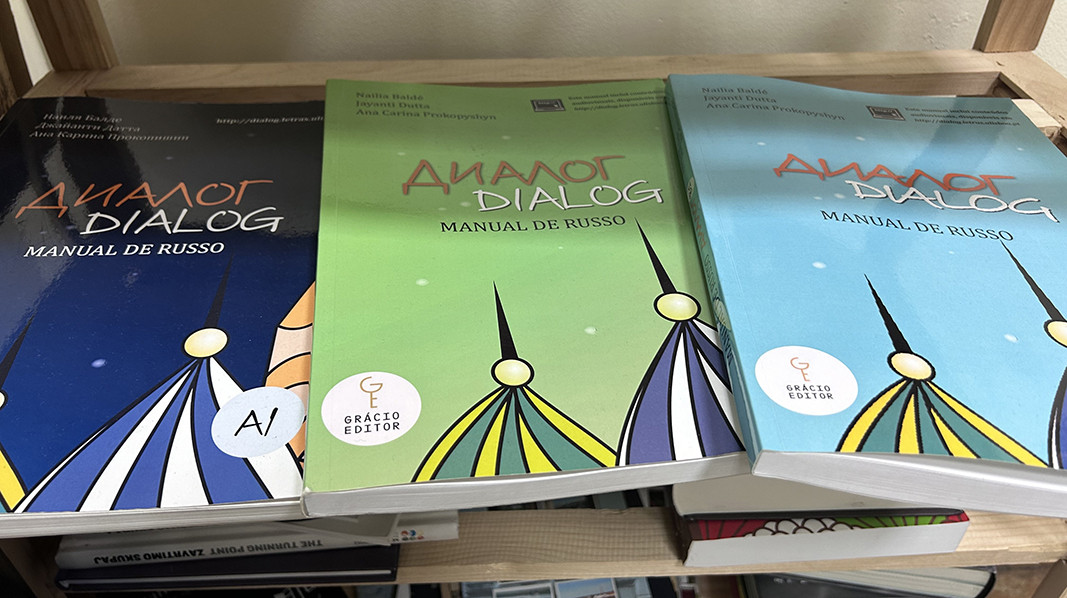
The prospect for Bulgarian studies in Portugal, Prof. Hristovski says, is to become an integral part of Slavic studies. That is why the Centre of Slavic Languages and Cultures he is head of lays an emphasis on the language experts working together.
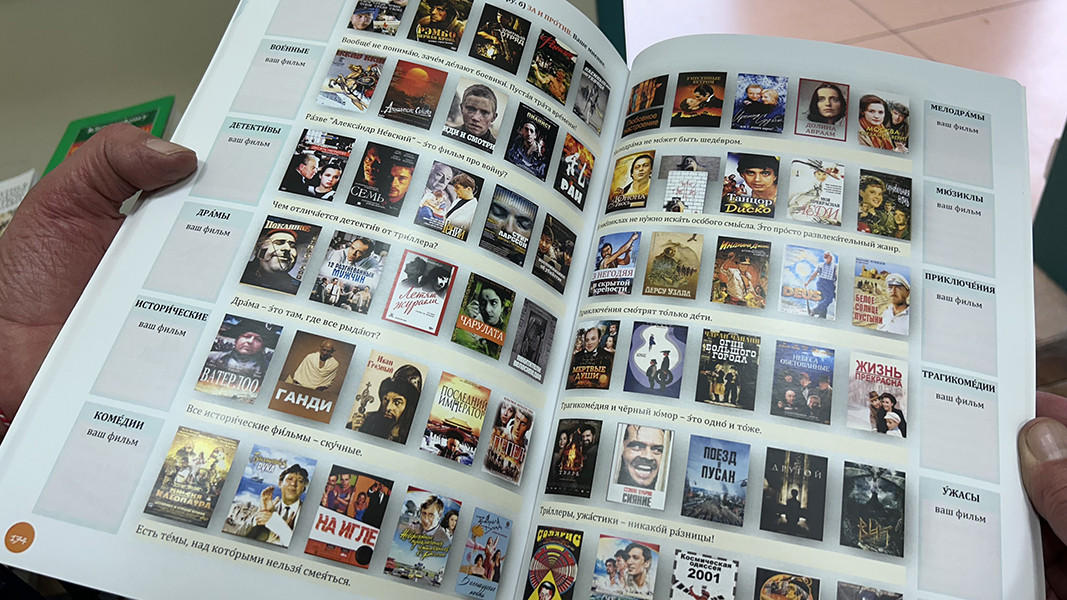
“I have always told my colleagues that. An event is organized by our colleague from Czechia, for example – a presentation, a conference or something else. And we all go. Our Bulgarian or our Russian colleague is doing something – we support them. That is the only way to get ahead. And people get along. They talk to each other as colleagues, they exchange information, data etc.”
Ana Karina Prokopisi teaches Russian at the Centre of Slavic Languages and Cultures. She is Portuguese and is married to a Ukrainian. 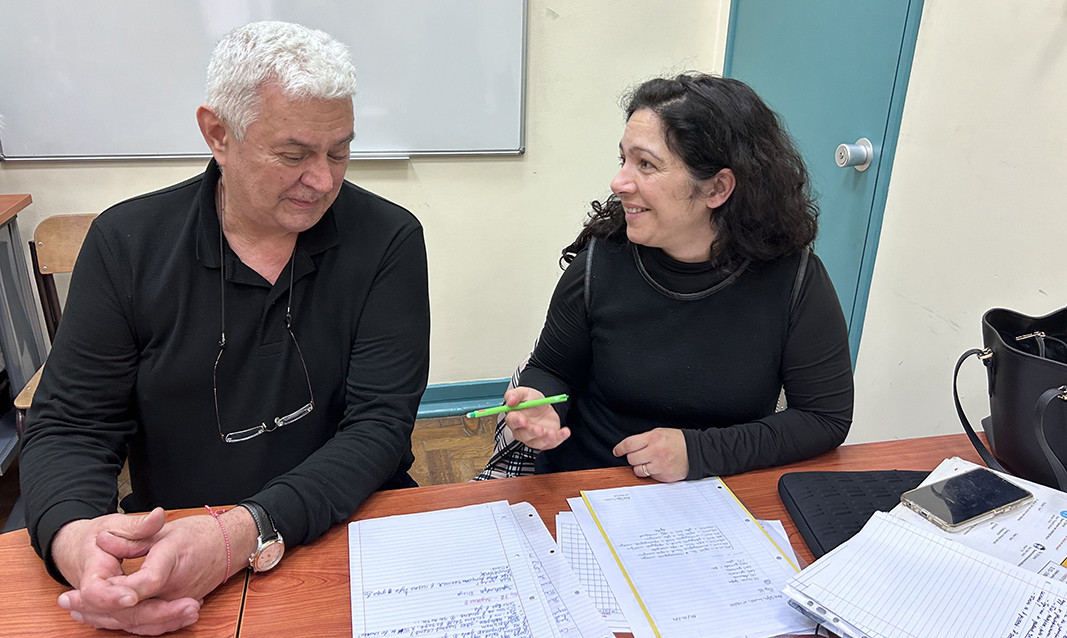
“We are very pleased with the professor, and with the way the Centre has been developing,” she says. “Prof. Hristovski is more than head of the Centre, he is a good friend. One of our successes is the project I am working on which we earned in competition with 100 other candidates. It is targeted at academics in Portuguese-speaking countries. To put it in simple terms – we organize conferences for them called “Pages from Russian literature”, every other year we organize a translation competition and invite translators from Russian to Portuguese and from Portuguese to Russian. This is a way to present the culture and literature of the two countries which is helpful for lecturers in the humanities.”
Photos: Krasimir Martinov
The Bulgarian-English co-production “Devil’s Play” won the Best Cinematography Award at the prestigious Chelsea Film Festival in New York, announced the Consulate General of Bulgaria in New York on Facebook. The film was screened as part of the..
An exhibition of artworks created on stone paper opens today at the Ivan Vazov National Library in Plovdiv, the institution announced. The works are by students from the Tsanko Lavrenov National School of Fine Arts and the National High School of Stage..
She is an educated, young woman passionate about astronomy and physics, but has also devoted her energy and talent to the word. She is part of the family of the Bulgarian National Radio's foreign-languages program Radio Bulgaria and today we proudly..
On November 6 at 4 p.m., an exhibition will open at the Archaeological Exhibition of the Regional History Museum in Burgas on the occasion of the 50th..
On November 11 at 6:30 p.m., the Consulate General of Bulgaria in New York will host a special screening of a short film (18 min.) dedicated to the..

+359 2 9336 661
